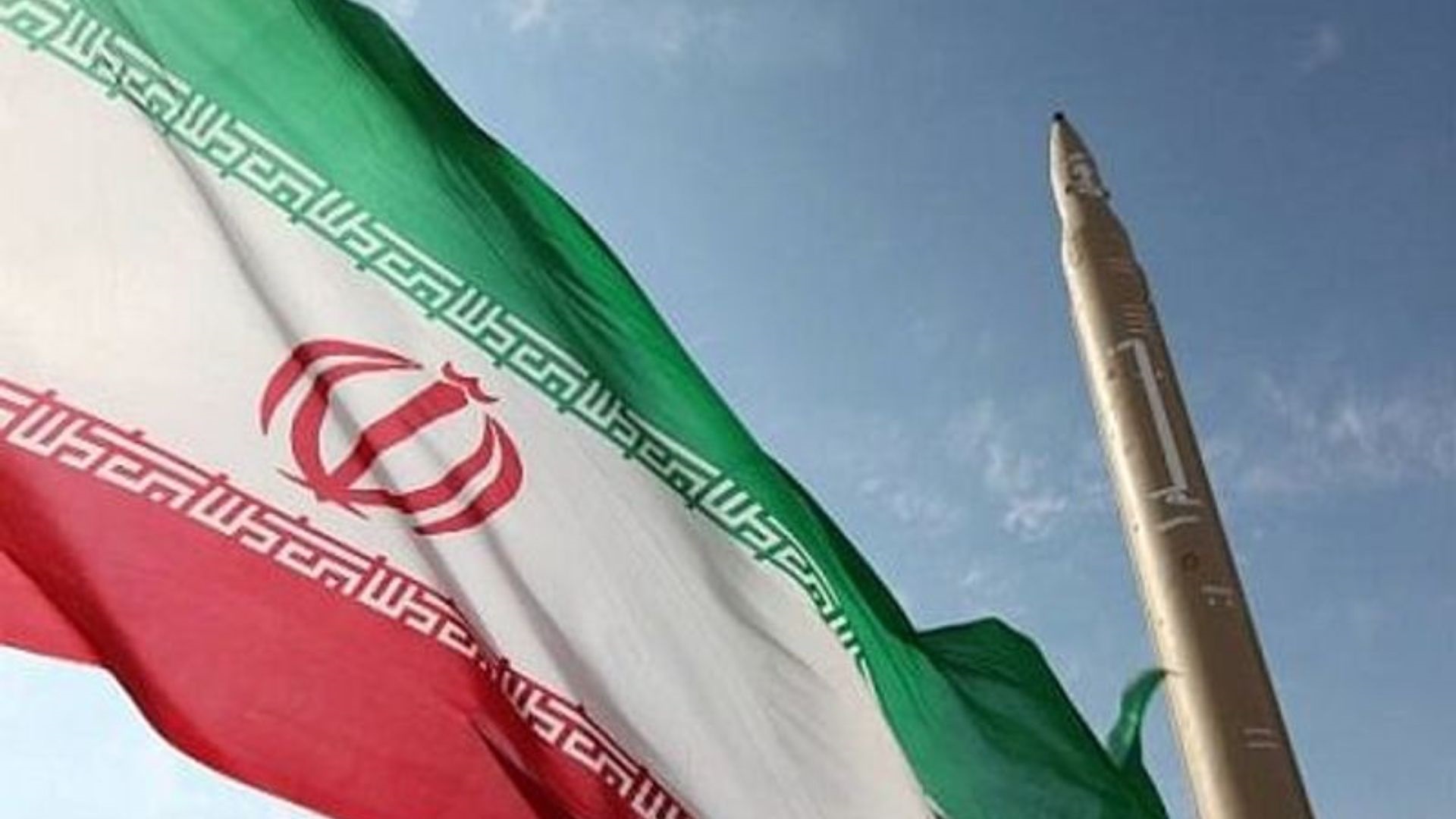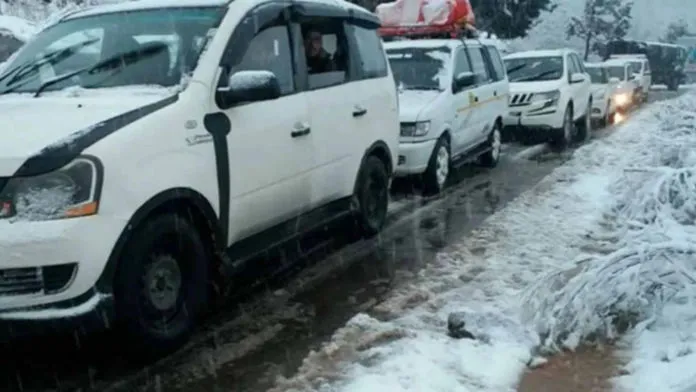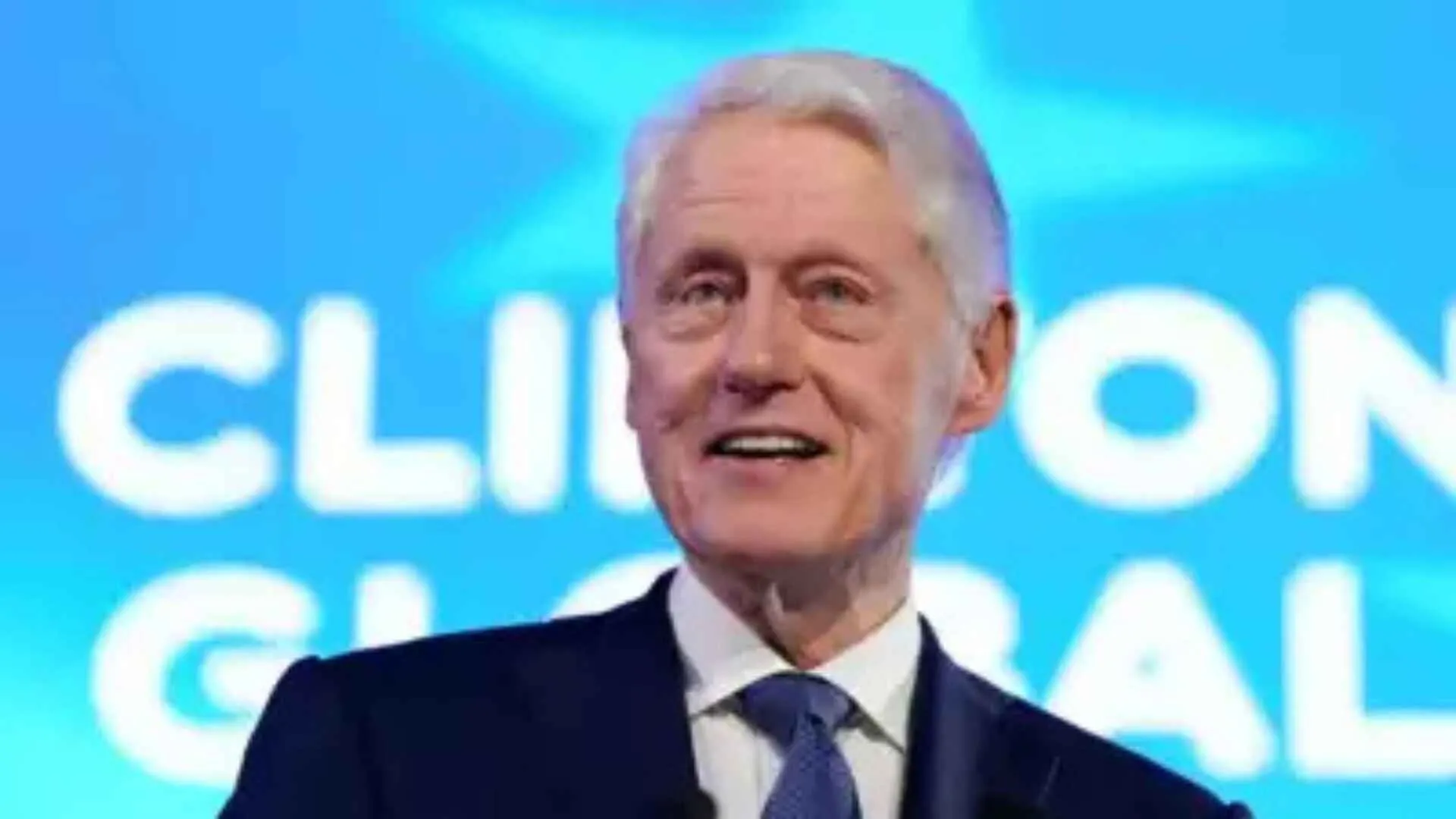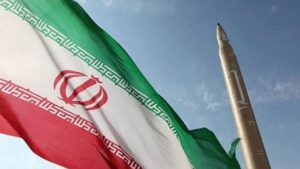Iran’s Ambassador to India, Iraj Elahi, on Tuesday termed India as a “big power” and an “important country,” expressing expectations for New Delhi to play a more active role in the ongoing crisis in West Asia. Elahi highlighted India’s strong ties with Israel and its potential to use its influence to stop the ongoing violence in the region, particularly in Gaza, and to maintain peace in Palestine.
Elahi underscored the significant role India could play, given its influential position in the international community and its historical support for the Palestinian cause as a founder of the Non-Aligned Movement. “Since the beginning of the tragic events and crimes of Israel in Gaza, I have repeatedly mentioned that India is an important country, a big power, and an influential country in the international community. Besides this, it has good relations with Israel and Iran, and also India, as a Non-Aligned Movement founder, has supported the Palestinian case in the history of the region,” Elahi said.
Elahi further stated that there is an expectation for India to be more actively involved in addressing the crisis. He pointed out the strong relations between the Indian government and the ruling party in Israel, suggesting that India could leverage these ties to persuade Israel to halt the violence in Gaza and pursue peace in Palestine. “The government of India has a very good relationship with the ruling party in Israel and the government of Israel. So, it can use its influence to convince them to stop this genocide in the region and in Gaza, and stop crimes and keep peace in Palestine. From the Iranian side, we are in collaboration with India on many issues, and we hope to convince India to maintain peace in the region,” he added.
The current crisis in West Asia escalated significantly on October 7, when over 2,000 Hamas terrorists breached Israeli borders, resulting in the deaths of 1,200 Israelis and the taking of around 250 hostages, of whom about 120 are still in Hamas captivity. Following this, Israel launched a strong counteroffensive, conducting military operations against Hamas in the Gaza Strip with the objective of “completely eliminating” the group.
The tensions further intensified following the death of Hamas’ political bureau chief, Ismail Haniyeh, in Tehran on July 31. The Islamic Revolutionary Guard Corps (IRGC) reported that Haniyeh was killed in an attack in Tehran. Haniyeh, who was based in Qatar, had traveled to Tehran to attend the swearing-in ceremony of Iran’s President-elect, Masoud Pezeshkian.
On August 1, the Israel Defence Forces (IDF) confirmed that Hamas military wing commander Mohammed Deif had been killed in an airstrike in the southern Gaza Strip on July 13. The IDF stated, “We can now confirm: Mohammed Deif was eliminated.” This announcement came after the IDF had obtained intelligence confirming Deif’s death. Deif was targeted during a strike at the compound of Hamas’ Khan Younis Brigade commander, Rafa’a Salameh. The IDF later confirmed Salameh’s death as well.
In addition to these events, the IDF announced the killing of top Hezbollah commander Fuad Shukr in southern Lebanon on Tuesday. Shukr was reportedly responsible for most of Hezbollah’s advanced weaponry, including precision-guided missiles, cruise missiles, anti-ship missiles, long-range rockets, and UAVs. The IDF noted Shukr’s role in Hezbollah’s force buildup and the planning and execution of terror attacks against Israel.
The Israeli Prime Minister, Benjamin Netanyahu, stated on July 30 that Israel had delivered “crushing blows” to its enemies, referring to the recent deaths of key figures such as Ismail Haniyeh and Fuad Shukr. He emphasized the strength of Israel’s military response amidst the ongoing crisis.
As the situation continues to evolve, Iran’s ambassador’s call for India’s active involvement underscores the complex dynamics and the urgent need for diplomatic interventions to stabilize the region and prevent further violence.














